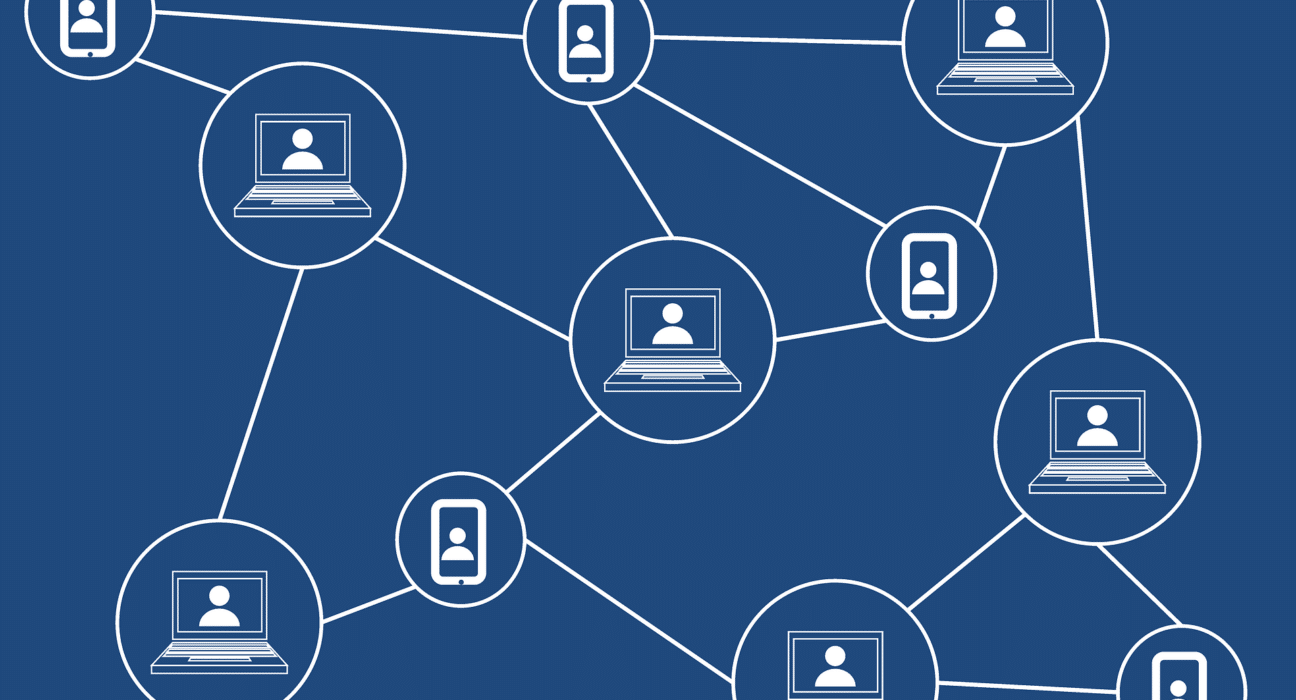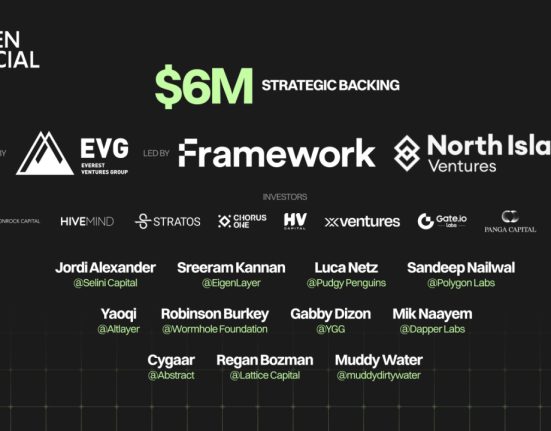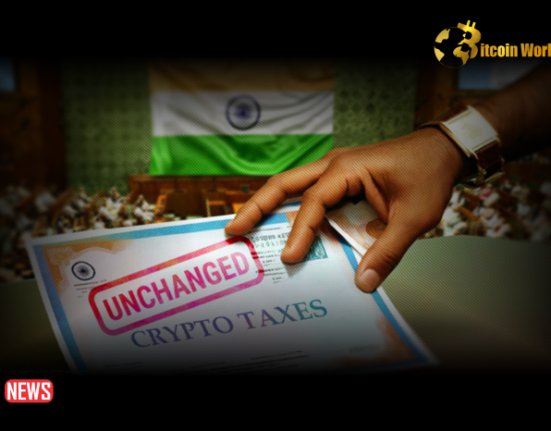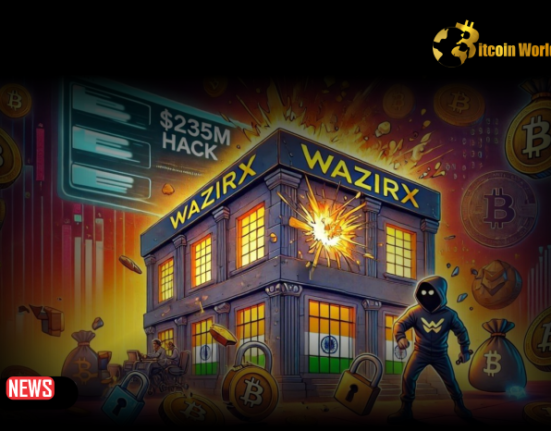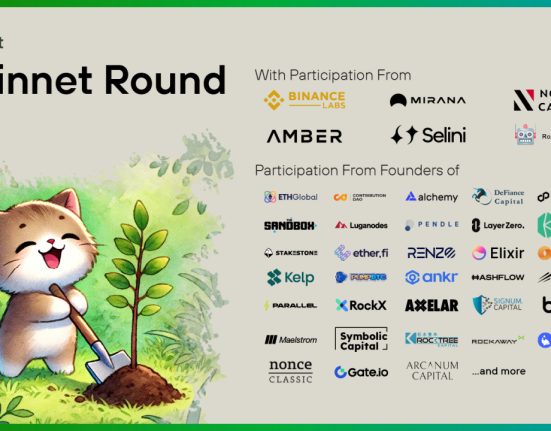
India is striving towards utilizing blockchain technology for remote voting. As per The Wire, Sunil Arora, India’s CEC (Chief Election Commissioner), announced the plans to employ blockchain technology for a remote vote in a mock trial. The study intends to discover an efficient way to make the voting process simpler for residents in distant cities.
Conversing at the Nation’s National Voters’ Day, Arora unveiled that the Election Commission was already exploring the application of DLT for remote voting. Moreover, as a component of its attempts to employ blockchain, the commission collaborated with the IIT Madras, a research university. It allow voters to vote seamlessly without assigned polling units.
Additionally, the new concept will require the voters to go to the designated venue. Thus, the new idea does not indicate that the voters could cast their ballots from their homes’ comfort. The encrypted, remote votes after casting will undergo validation at the pre-counting stage. This will ensure that the votes did not experience decryption, tampering or replacement.
Application of Blockchain Technology in Remote Voting
Former Senior Deputy Election Commissioner Sandeep Saxena explained the blockchain technology involved in the project. He stated that the concept is a two-way electronic voting system based in a controlled environment on white-listed IP devices. They possess dedicated Internet lines authorized with biometric devices and a web camera.
Blockchain-based voting appears to be gaining a reputation among different countries. Elections through the paper ballot system may cause inaccuracies and manipulation. Also, electronic voting does not offer transparency and can be uncertain. In the meantime, some analysts think that blockchain is beneficial for the vote, as the technology is immutable, transparent, and verifiable features required in an electoral process. Nevertheless, others do not consider that blockchain is a counteractant for election problems. Some scientists from the Massachusetts Institute of Technology (MIT) declared that rather than solving the voting process’s security concerns, the application of DLT would develop more vulnerabilities.
Follow BitcoinWorld for the latest updates.

